You
and you
But, it’s a bit more
difficult than that in France, as I tried to explain recently to Jean-Luc the
Chairman of the local Leisure Committee and Père Noël arranger who was sitting
next to me at a celebration lunch recently, which although another story, went
on until eleven o’clock at night!!!
With lunch well under
way after the customary kisses and handshakes on arrival. Canapés and a couple of aperitifs later and we
were sitting down beneath the gazebos under a reasonably sunny sky with the jugs
of fruity rosé having been liberally replenished and the main course now
finished. As is usual in France this was
followed by the cheese course and red wine was strategically placed along the
table, again quite normal for the cheese course despite being regularly told
that the trend is changing somewhat to chilled white wine – maybe for
connoisseurs or simply a trend that hasn’t yet reached our part of deepest
France! Well, having passed the cheese
down the table I started to pour the wine to those around me and turned to
Jean-Luc and proffered the wine with a “pour vous” to make sure he wanted some,
adding that as he lived just over the road he didn’t have to worry about
driving home, although I was to discover later he did have to negotiate the highway
with a heavily laden wheelbarrow, but you’ll have to read on to find out
why!!! Having accepted the wine, by
sliding his glass along the table, he then rather confusingly said quite firmly
and as I was in the process of pouring – “Non!”
Even the least linguistic of you will realise that the action meant yes,
but with a verbal no! Puzzled, and
making a suitable facial expression, momentarily thrown and unable to verbalise
“I’m sorry, but I’m confused!” He added
“pas vous, tu, que tu es mon ami” which in translation, as I said at the
beginning is confusing, meaning “not you, you, as you are my friend!” As Shakespeare might have said to vous or to
tu, that is the question!!
I suppose, it’s all a
bit like “to kiss or not to kiss,” a constant dilemma when going to any social
function in France, with the added confusion of “how many!” Let me elucidate, it is quite the norm to
greet females and children by at the very least a peck on each cheek, although
for good friends, family or Parisians (in that order), that might increase to
three, four, five or even six! Then
there’s the men, who must all be greeted by a shake of the hand, however with
very close family and friends a peck or two on the cheek isn’t unusual. As reserved English folk, as you might imagine,
something of a dilemma, so to be sure, I’ve come up with a formula – two kisses
for woman and children unless they proffer a hand and physically push you away
or simply in the case of children run off, or if they take the lead and go for
three or more!! Then, a handshake for
all the men, with the possible addition of a hand on the shoulder, arm or elbow
(women, children or men) if it seems necessary.
I did say it was confusing and imagine how long it takes for everyone to
greet each other in a crowded room!!
Indeed, business meetings often have a fifteen minute lead in to make
introductions and greet colleagues, prior to the official start time! However, that doesn’t work with social
events, where there is an added confusion of when to arrive! A lunch invite for twelve o’clock seems to
mean anything from 12.20 to 1.00 o’clock, as well to remember if you’re
preparing the food, have it ready for 12.00 o’clock and it could be spoilt
before it gets to the table – salads come in handy in the summer!! Basically, it’s not just learning a new
language, but also a whole new culture, which each time I learn more reminds me
of that wonderful series of television adverts, for one of the high street
banks (as it seems with all the best adverts, I remember the advert but not the
company, a bit like remembering a joke without the punch line!!), where they
stress the importance of knowing local knowledge or customs when doing business
abroad; such as never finishing what food you have on your plate in China, as
your host will think you are still hungry and bring more food, each time the
plate is cleared!! As I said, it’s
confusing!!
Writing this reminds me
of an incident a few months earlier and now I guess I’ve got two friends!! I was working in the garden when the local
fauchage man (local handyman / grass cutter / roadman / odd job man) employed
by the local commune by the mayor and his council came to cut the communal
areas in the hamlet. As mentioned above
it is customary in France to greet other men with the shake of the hand and a
“Bonjour Monsieur,” a title always being polite, not simply “Bonjour.” So
remembering my etiquette, I greeted him as described above, but whilst still
shaking my hand firmly, he equally firmly said “Non!” A similar puzzled expression to that above
received a “Non Monsieur, Alain.” So I
guess it’s now alright to tu him, but as its first name terms maybe it should
be ...... no let’s not go there, I’ll stick with my tried and tested formula,
at least until I have sufficient French to get out of a sticky situation,
should the need arise.
So, although somewhat
confusing, I trust that should you regard yourself as a vous or a tu, your now
know the appropriate etiquette, although a word of warning here, as we have
discovered with most things French, the protocols and customs are often very
different in different parts of France and as the French think the English are
reserved, may well treat you differently anyway. On my arrival, one of the ladies at the lunch
proffered a hand which I sidestepped and she like the rest of them got a peck
on each cheek instead. Her response was
something along the lines of “I didn’t think the English did things like that,”
mind you by the end of lunch she had arranged to come around to my house for a
cold shower, but that is quite definitely another story!!!
Oh, and the journey
home with the wheelbarrow I mentioned earlier; Jean-Luc had agreed to bring a
game of pallets for post-luncheon sport as well as a selection of board / card
games. The pallets, customarily played
by the men but at which Linda excels and could well end up representing France
or maybe England, should it become an Olympic sport, consists in a nutshell as
I may have mentioned in an earlier blog, of two teams throwing fairly heavy 5
cm diameter metal discs (coloured or numbered to identify the different teams)
onto a 30 cm square target made of 2 cm thick lead – hence the
wheelbarrow! A small disc is thrown
first and then the team nearest to this at the end wins and scores as many
points as it has discs nearest to the small one, may be one point or as many as
six if the opposition aren’t very good or simply unlucky. It is usually the first team to 12 points
that wins.
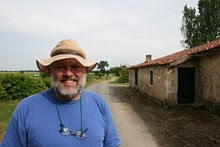








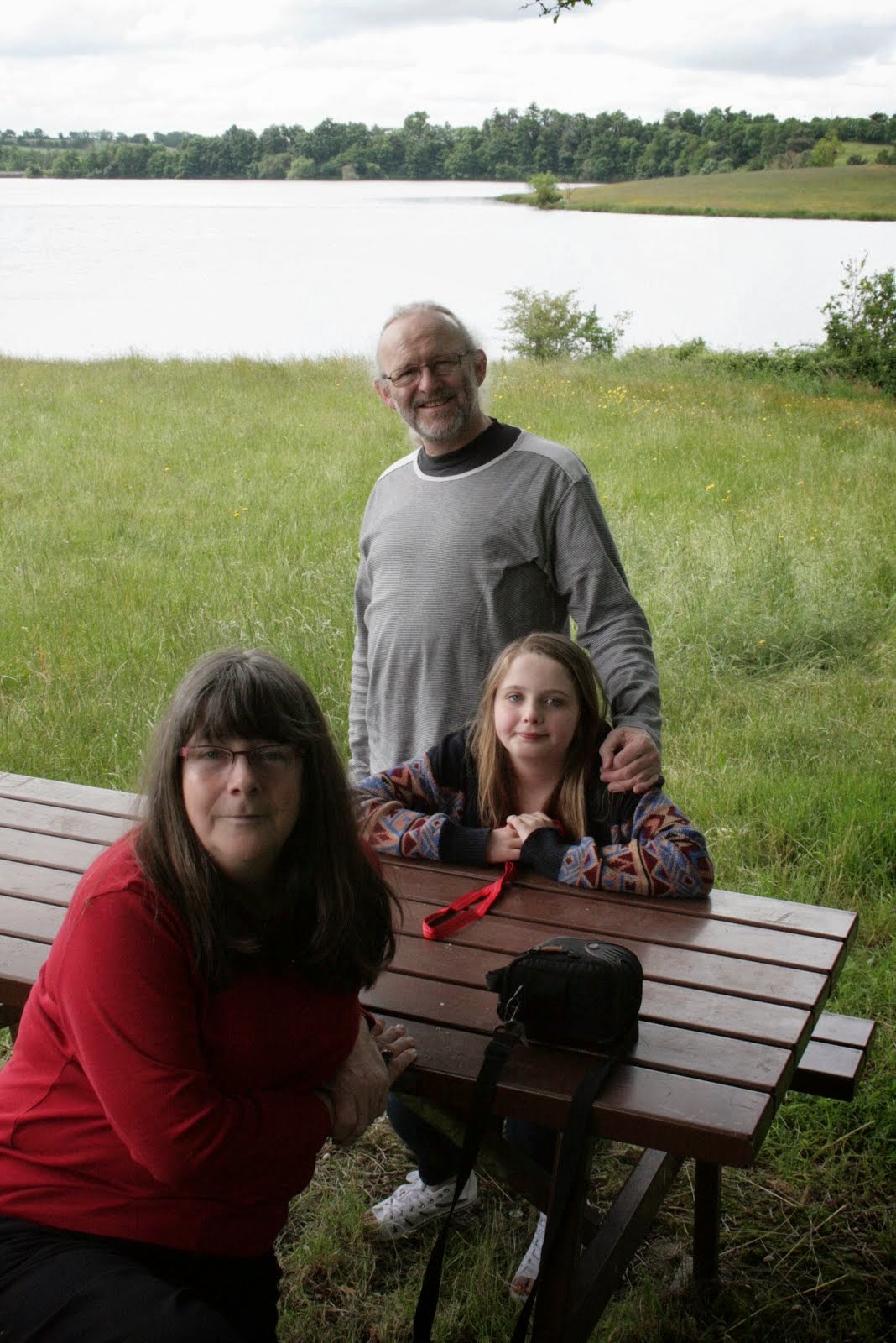


















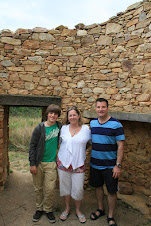




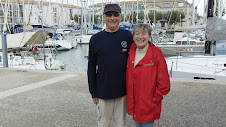

























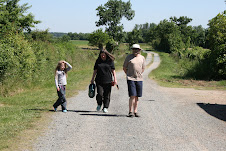





No comments:
Post a Comment